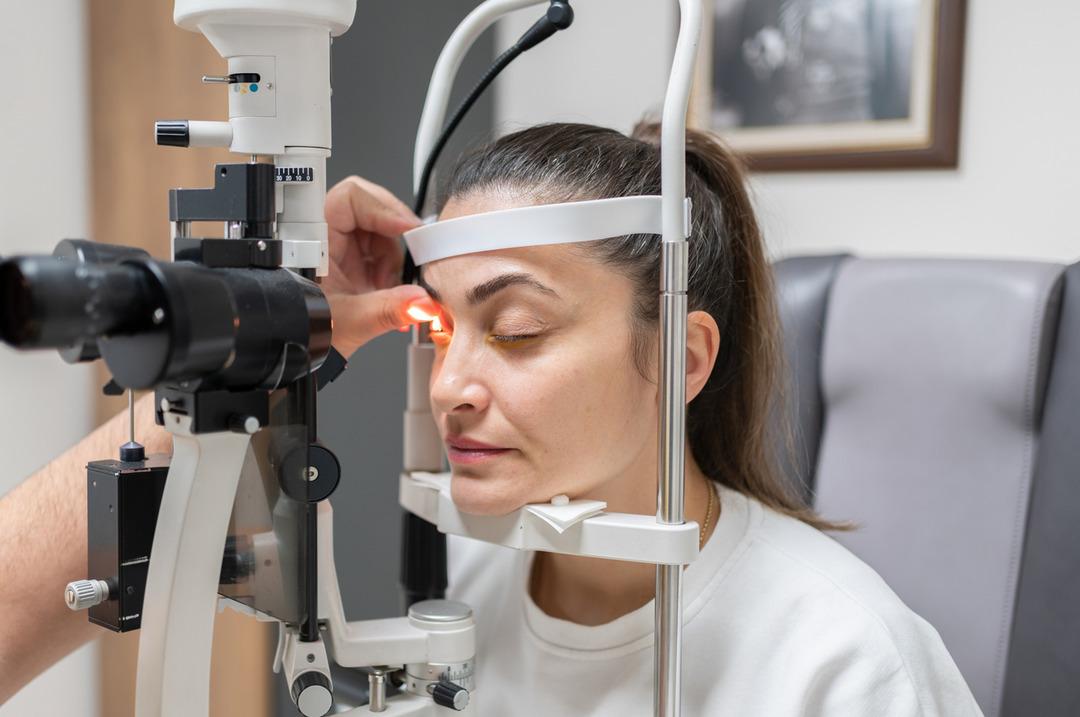The New England Journal of Medicine recently documented the case of a 12-year-old boy with autism who went blind due to a junk food diet that relied mostly on burgers, fries, ranch dressing, donuts and sugary juice boxes. The boy had been diagnosed with autism and suffered from an extreme phobia of certain food textures, so his parents found it impossible to include vital nutrients in his diet.
ONE NIGHT, HE WOKE UP SCREAMING THAT HE COULDN’T SEE.
The unnamed child started having vision problems in the morning and evening hours earlier this year, but his eyesight was quite normal during the day. His eyesight began to deteriorate rapidly, and within six weeks he could only move if his parents helped him overcome the obstacles. Then, one night, he woke up screaming that he couldn’t see.

The boy’s parents took him to the hospital, and tests revealed that he lacked nutrients vital to the health of his optic nerves. His nerves had begun to atrophy for some time, and he was completely exhausted by the time he arrived at the hospital. Doctors fear that despite taking supplements, his condition is so advanced that there is nothing that can be done to restore his vision.
“IRREVERSIBLE”

“Unfortunately, the patient’s optic atrophy was severe. When found at such an advanced stage, this severe vision loss is irreversible. If found earlier in the course of the disease, reversing the nutritional deficiency may lead to some improvements in vision,” the researchers wrote. he wrote.

While in the hospital, the boy was given vitamins A, C, D and K, calcium, thiamine, copper and zinc supplements, and thanks to behavioral therapy, he began eating lettuce and cheese on his burgers. His parents added a clear supplement to his juice boxes, but after a while he began to reject them. Unfortunately, none of these breakthroughs are expected to help the child regain his vision.

Doctors at Boston Children’s Hospital said the child had avoidant/restrictive food intake disorder (ARFID). This is an eating disorder that affects about half of autistic children to varying degrees. This was an extreme case, but certainly not a singular one. Similar cases have previously been reported in the United Kingdom and the United States.
